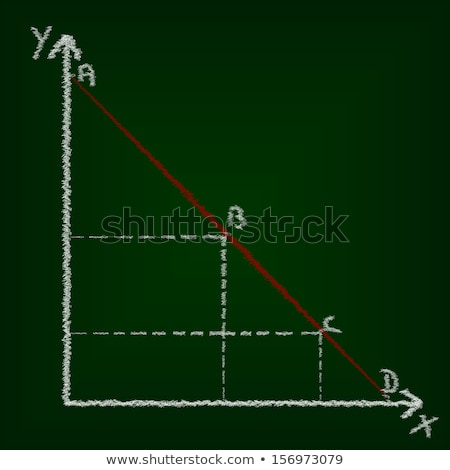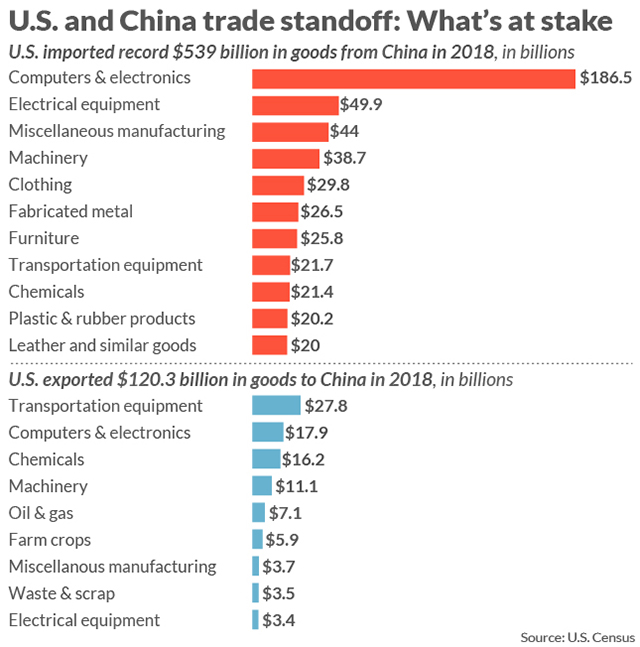Contents
With effective Cost Accounting, one can identify unwarranted expenses and build suitable strategies to lower them in the long run. In turn, it plays an essential role in maximising the profit margin per product significantly. The finance field is rapidly advancing, and new techniques are being employed for better efficiency. This means that anyone working in finance will need to be trained regularly. Joining a career in this segment will give people an opportunity to be familiar with the latest applications and software. This will keep them updated and ready to take up any new job.
Operational focus The focus of financial accounting is on the profitability margins of a business. Managerial accounting, on the other, aims at identifying bottlenecks and how to fix them. Both accounting types are responsible for preparing financial reports for the firm. Both accounting types co-exist to provide accounting information to the stakeholders and internal management. To assist internal management in the planning and decision-making process by providing detailed information on various matters.
Financial accounting is primarily focused on reporting, whereas financial management involves the assets and resources of the company and their effective utilization. A financial manager will decide what percentage of funds will be from what sources. That decision is taken after considering which will be most beneficial for the company. Companies generally go for bank advances, public issues, or funding from other interested parties. When a company starts, there is a particular amount of capital available with the promoters or owners.
Financial accounting must adhere to certain guidelines set forth by GAAP, which is a necessity for companies situated in the United States to preserve their publicly traded status. Managerial accounting is not meant for multiple stakeholders and can be customized to fit the needs of the firm. Public authorities, creditors, and shareholders all rely largely on financial accounting. Apply relevant costing methods to analyze specific business issues. To equip the students with various concepts, tools, and techniques Cost and Management accounting. Whether it’s career counselling or MS, MiM, MBA application consulting, working with us could be among the most important career decisions you’ll make.
These reports are more useful to the insiders and managers of the company. It is only when some aspect of the business is to be studied in depth that the same person would study both managerial vs financial accounting reports. The financial statements and reports are required by investors, government agencies, and financial institutions are prepared by financial accountants. These reports give us information about the overall financial status and health of the organization.
Cost Accounting helps the organization in ascertaining the per unit Cost of every product which it manufactures. Hence, it can be said that Cost Accounting factors in the Cost accrued at each level of production along with fixed Costs to analyse their impact on a specific production level accurately. Stock markets are a favorite investment option for difference between financial accounting and management accounting many individuals and companies. Data analytics is helping them get real-time insights into this. It also takes into account various other factors like political climate, global investment scenario, etc., to provide valuable insights. Since both of these are unique branches of accounting, the knowledge required to handle these are also specialized.
Better Risk Management
It is the accounting department that will collect information from various other business units and make a budget. This exercise will help organizations to meet their routine expenses and reserve funds for long-term projects. The accounting department will seek assistance from human resource staff members in this matter. Installing payroll software is an excellent way to perform this function without any mistakes. It is this department’s task to calculate and deduct income tax from employees where it is applicable.

These reports are essential for the organization to stay compliant with the rules and regulations mandated. Management Accounting or managerial Accounting can be defined as the process of preparing reports on Financial and Non-financial transactions with the help of available data. Such reports are made by accumulating, assessing and interpreting both Statistical and Qualitative and Quantitative data and are also heavily based on the firm’s financial statements.
Cost-benefit analysis
It is the decision of the management of the organization to follow whichever system suits their needs best. Concerning freedom of systems in managerial vs financial accounting, managerial accounting has few restrictions as to the methods followed. Many college students dread another semester of debit entries, credits, and reflective journals after completing a monetary accounting course. Fortunately, managerial accounting differs significantly from monetary accounting.
- They also look at ways for companies to mitigate taxes legally.
- Managerial accounting is focused on providing precise and segmented data on a variety of topics, including tasks, departments, operations, specialized activities, sales, and products.
- It is proof that the firm is using money properly without any deviation.
- A CBA for a project in a company will certainly be more sophisticated than the simple example above.
Accounts Receivables invoices are categorized by the length of time they have been outstanding in the accounts receivable aging report. It may list all outstanding receivables less than 30 days, and 90+ days. https://1investing.in/ It helps the managers to ascertain whether certain customers are becoming credit risks. If a customer routinely pays late, management may reconsider doing any future business on credit with that customer.
No Cost EMI – 9 Months
I cannot thank you enough for the post.Really looking forward to read more. Financial Accounting mainly analyses the past data or past result and diagnoses the past activities. Financial accoun琀椀ng is concerned with the recording of day to day transac琀椀ons of the business. Management accoun琀椀ng is to provide the quan琀椀ta琀椀ve as well as the qualita琀椀ve to the management.

Financial accounting helps generate precise financial records, whereas managerial accounting helps manage quantitative/qualitative information for profit maximization. Financial accounting is a must in case of joint stock companies to meet the statutory provisions of company law and tax laws. Even in case of sole proprietorship and partnership firms financial accounting becomes a necessity for tax purposes. Management accounting, on the other hand, is entirely optional and its forms and contents depend upon the outlook of the management. The periodicity in reporting financial accounts is much wider than in case of management accounting.
Do You Know What Comes Under the Cash Flow Projection?
In contrast, financial management refers to managing finances and investment opportunities of different individuals, organizations, and other entities. Managerial accounting further covers both monetary and non-monetary aspects for both budgeting and setting business goals. Unlike financial accounting, management accounting is for internal company stakeholders only and does not require publishing or auditing. If it is authentic, the transaction will be recorded to analyse the profit or loss of the company, and then prepare a trial balance and eventually summarise it in the form of a balance sheet. Managerial accounting helps in calculating overhead charges to assess the expenses of the production of a good or service.
It is from this that they understand the source of money and expenses. They will know how much profit the company is making and whether there is any scope for improvement. Company owners and shareholders must know whether the managers they have handed over responsibilities are doing their job well.
IMS Proschool – Shaping Careers, Building Lives Upskilling Professionals and Enhancing Competencies
Reviewing the constraints within a production line or sales process is also a part of Managerial accounting. It involves determining where bottlenecks occur and calculating the impact of these constraints on revenue, profit, and cash flow. This information is useful to implement changes and improve efficiencies in the production or sales process. Costs can be bifurcated into variable, fixed, direct, or indirect costs. Cost accounting helps in measuring these costs as well as assigning overheads to each type of product or service. Product costing, thus, determines the total costs incurred in the production of a good or service.
The time taken for the benefits to repay the costs is also calculated. Managers study the details of accountants’ reports on costs and revenues, and see whether specific, individual targets have been met. In practice, management accounting increase knowledge within a business entity and, by doing so, reduces risks in decision-making. Financial accounts are prepared under company law, income tax law, etc.
Management accounting has not to worry about such legal and/or conventional constraints and the “generally accepted principles”. It is free to formulate its own rules, procedures and forms, because the information it generates is solely for internal consumption. In management accounting fixed assets may be stated at appraisal values, overhead costs may be omitted from inventories or revenues may be recorded before realization.
Financial statements are prepared for a fixed period, i.e. one year. Financial Accounting is an accounting system that focuses on the preparation of a financial statement of an organisation to provide financial information to the interested parties. Managerial accounting also includes reviewing the trendline for certain expenses as well as investigating unusual deviations. A CBA for a project in a company will certainly be more sophisticated than the simple example above. Suppose a furniture shop is doing very well and is overburdened by contracts.
